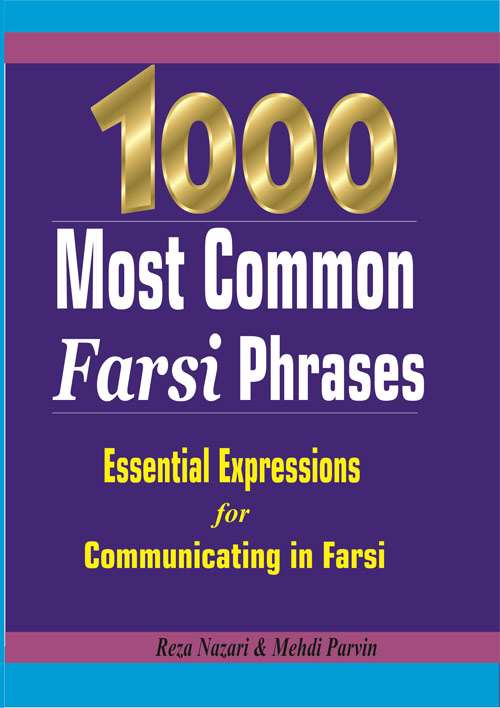
Commentary on (the text), O ye mountains, repeat (the praise of God) in accord with him, and the birds (likewise).تفسیر یا جبال اوبی معه والطیر
روی داود از فرش تابان شده کوهها اندر پیش نالان شده
The face of David shone with His glory: the mountains sang plaintively after him.
کوه با داود گشته همرهی هردو مطرب مست در عشق شهی
The mountain became an accompanist to David: both the minstrels (were) drunken in love for a King.
یا جبال اوبی امر آمده هر دو همآواز و همپرده شده
Came the (Divine) command, “O ye mountains, repeat (the praise of God)”: both joined their voices and kept the tune together.
گفت داودا تو هجرت دیدهای بهر من از همدمان ببریدهای
He (God) said, “O David, thou hast suffered separation: for My sake thou hast parted from thine intimates.”
ای غریب فرد بی مونس شده آتش شوق از دلت شعله زده
O lonely stranger who hast become friendless, from whose heart the fire of longing hath flamed up,
مطربان خواهی و قوال و ندیم کوهها را پیشت آرد آن قدیم
Thou desirest minstrels and singers and boon-companions: the Eternal One brings the mountains unto thee.
مطرب و قوال و سرنایی کند که به پیشت بادپیمایی کند
He makes (them) minstrels and singers and pipers: He makes the mountain blow in measure before thee,
تا بدانی ناله چون که را رواست بی لب و دندان ولی را نالههاست
To the end that thou mayst know that, since the mountain is permitted to sing, the saint (likewise) hath plaintive songs (uttered) without lips or teeth.
نغمهی اجزای آن صافیجسد هر دمی در گوش حسش میرسد
The melody of the particles of that pure-bodied one is reaching his sensuous ear every moment.
همنشینان نشنوند او بشنود ای خنک جان کو به غیبش بگرود
His companions hear it not, (but) he hears (it): oh, happy is the soul that believes in his hidden mystery.
بنگرد در نفس خود صد گفت و گو همنشین او نبرده هیچ بو
He (the saint) beholds a hundred discourses in himself, while his companion has gotten no scent (perception thereof).
صد سال و صد جواب اندر دلت میرسد از لامکان تا منزلت
Within thy heart a hundred questions and a hundred answers are coming from (the realm of) non-spatiality to thy dwelling-place.
بشنوی تو نشنود زان گوشها گر به نزدیک تو آرد گوش را
Thou hearest (them); the ears (of another) do not hear (them), (even) if he bring his ear nigh to thee.
گیرم ای کر خود تو آن را نشنوی چون مثالش دیدهای چون نگروی
O deaf man, I grant that truly thou hearest them not; (but) since thou hast seen their (external) emblem, how wilt not thou believe?
Special Offers
by: Reza about (category: Masnavi, Persian Poetry)
















What people say about "Commentary on (the text)"?
No one replied yet.